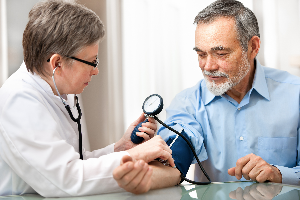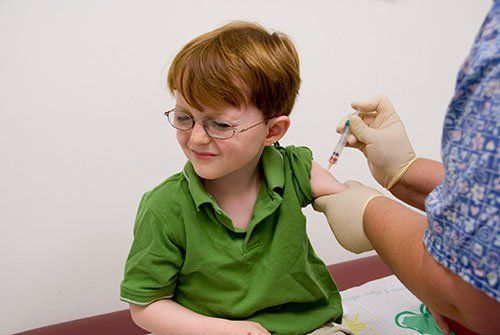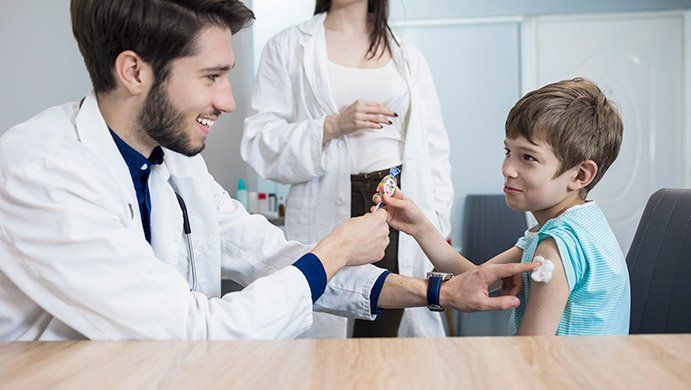Excess Flatulence in Adults: Causes and Treatment
Admin • December 26, 2019
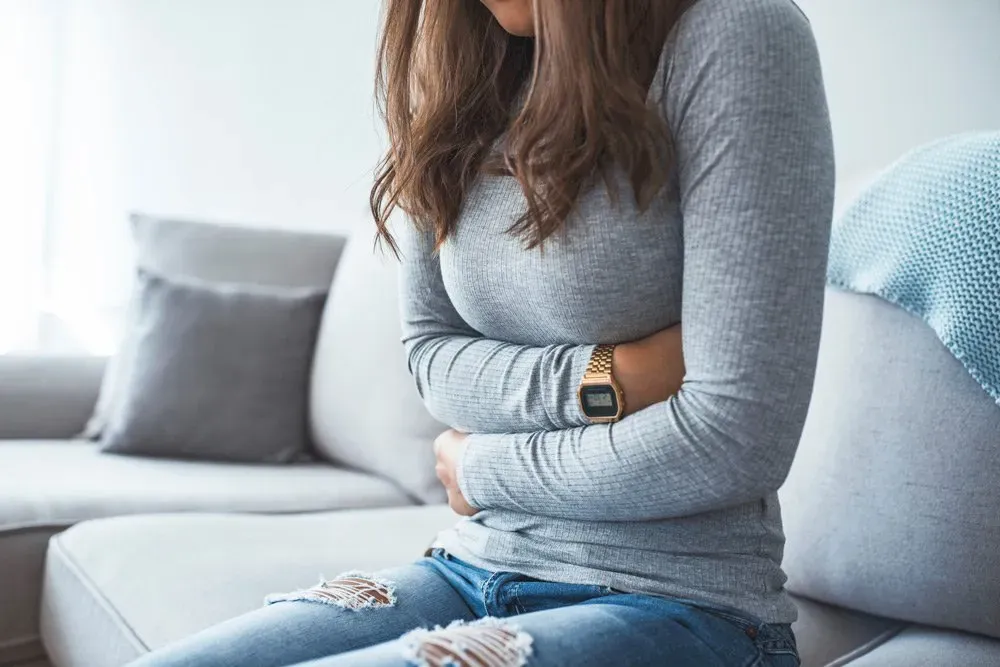
Gas (or flatulence) isn't something most people like to discuss, even around loved ones and friends. But for some people, excessive intestinal gas can be one of the most embarrassing and painful digestive issues they face on a daily basis.
If you can't find ways to ease or stop your excessive gas, don't despair. The information below discusses several possible reasons for your excessive gas and the remedies you need to treat, ease, and even control it.
Why Do You Have So Much Intestinal Gas?
Every person releases intestinal gas throughout the day. Most people pass gas as many as 22 to 23 times per day, but as few as 10 to 14 times a day is still considered normal. However, some adults can create and pass too much gas. The individuals may also experience bloating, nausea, constipation, cramping, and other discouraging symptoms.
Flatulence comes from two unique sources: from the air you swallow throughout the day and from the bacteria you produce inside your intestinal tract. Half of the air you swallow leaves your body through belches and burps. The air that remains inside your stomach travels to your intestines and leaves your body through your rectum.
Your small and large intestines also create a large portion of the gas you release during the day. Your intestines contain a significant number of bacteria, which help break down the food you eat. Although intestinal bacteria can digest most food with ease, some types of food contain fibers that can be tough to digest, including beans and veggies.
Adults with intolerances to dairy and gluten may also develop too much gas inside their colon. The substances may harbor certain types of sugars, such as lactose, that take too long to break down. Some types of sugars may not break down at all. Bacteria can create a large amount of flatulence as they feed on the undigested substances.
Other serious conditions can increase the gas in your digestive system, including Crohn's disease and inflammatory bowel disease (IBD). The conditions can be exceptionally troublesome because of how they affect your body in general. The conditions may cause vomiting, rectal bleeding, severe cramps, and weight loss.
Getting to the bottom of your excessive gas problem is crucial. To answer your concerns and find the help you need, seek medical care.
How Do You Treat Excess Intestinal Gas?
One of the main sources you can turn to for answers is a family medical center. A physician at a medical center can examine your digestive system through colon exams, blood tests, and stool samples. The tests can help reveal the source or sources of your excessive flatulence.
If your flatulence comes from eating the wrong types of food, such as dairy or gluten, a physician can critique and change your diet. You may need to eliminate the foods from your diet or replace them with foods that don't upset your small and large intestines.
If your gas comes from swallowing too much air, you may need to take it slow when you eat and drink. For instance, instead of eating on the go or too quickly, try eating your meals when there's sufficient time to swallow and digest your food.
If a doctor discovers signs of a serious intestinal problem during your diagnostic tests, they may create a treatment plan for your condition. Some conditions require additional testing to verify, such as biopsies and laboratory tests. A doctor will inform you about their procedures and what you might expect to encounter during your visit.
Although intestinal gas can be discouraging and disheartening over time, you don't have to fight it alone. Call us at Hampstead Medical Center PC
for an appointment or treatment today.

The IUD, or intrauterine device, is one of the most effective methods of birth control available. Unlike birth-control pills, you do not need to remember daily to administer medication, and the device itself lasts longer than shots and is easier to use than rings. Many women find all of these benefits desirable for a birth-control method. There are two general types of IUDs available to women. The first type is the copper IUD, and the other is hormonal. Which one is right for your personal birth-control needs?
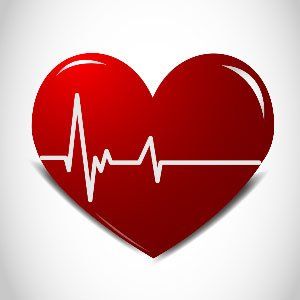
Although the risk of cardiovascular disease increases as you get older, many people who die suddenly of a heart attack didn't previously know they had heart disease. That's why identifying risk factors for heart attack and stroke is so critical to cardiovascular health. Fortunately, with regular exams and the many types of screening tests available, doctors can detect early signs of heart disease.
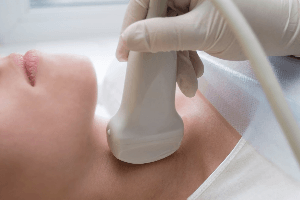
Even if you've never had cause to doubt your thyroid function, if you're a female who has recently given birth, you may be at risk for thyroid issues. An estimated 12 percent of Americans deal with thyroid trouble at some point during their adult lives, and women are significantly more likely than men to develop a thyroid-related ailment. Unfortunately for new mothers, many of the most common signs of an underactive thyroid (like weight gain, mood swings, fatigue, and irritability) are also quite common for those dealing with a newborn's frequent night wakings and the realities of a post-partum body. Read on to learn more about some common (and not-so-common) signs that you could be dealing with a pregnancy-induced thyroid problem as well as some treatment options that can be safely administered or performed while you're breastfeeding. What Can Cause Thyroid Problems During Pregnancy? As with many other hormonal disorders, there are often more questions than answers when it comes to thyroid function. However, researchers have pinpointed a few factors and health conditions that can raise the risk of a woman’s developing a thyroid issue during or immediately after pregnancy. For example, while only around 7 percent of women are at a general risk of developing postpartum thyroiditis, this risk increases to 25 percent for women who have Type 1 diabetes or who dealt with elevated antithyroid antibodies during pregnancy. Women whose anti-peroxidase (anti-TPO) antibodies were elevated during pregnancy may have a 1 in 2 chance of developing postpartum thyroiditis, and those who have dealt with thyroid issues in the past (or during previous pregnancies) also deal with a significantly increased risk. In other cases, thyroid problems may have no cause that can easily be pinpointed; the rush of various hormones during pregnancy and the strain they can put on various systems, including the endocrine system, can create a sort of "perfect storm" in which thyroid problems may thrive. What Are Some Signs You're Dealing With Post-Pregnancy Thyroid Issues? Thyroid problems can take a number of forms, including hypothyroidism (an underactive thyroid), hyperthyroidism (an overactive thyroid), Graves' disease (an autoimmune condition that causes goiter), or Hashimoto's disease (an autoimmune condition in which the body's immune system attacks healthy thyroid cells, eventually stopping all thyroid function). The signs and symptoms for each thyroid disorder are unique and often at opposite sides of the spectrum. For example, hypothyroid patients often report being cold, having dry skin, sleeping more than normal, or gaining weight without trying while hyperthyroid patients sweat profusely, suffer from insomnia, and can lose a significant amount of weight in a brief period. Postpartum thyroiditis often manifests as either an underactive or overactive thyroid, which usually normalizes itself in a few months. Symptoms lasting longer than that or that appear to be getting worse may necessitate medical intervention. What Treatment Options for an Underactive Thyroid Are Best for New Mothers? Whether you suspect you have postpartum thyroiditis or have been formally diagnosed, you may be worried about how your potential treatment options could impact your ability to breastfeed and what effect (if any) they might have on your child. Fortunately, there are a number of effective options from which to choose. If your postpartum thyroiditis is deemed autoimmune in origin, there is some evidence that taking selenium supplements could help normalize your thyroid function without requiring you to take hormonal medication (which might pass into your milk supply). If your symptoms aren't severe and don't impact your daily life, you may instead opt for watchful waiting, maintaining contact with your doctor and reporting any worsening symptoms but avoiding medication or other treatment for the time being. However, if your doctor recommends supplemental thyroid hormone, this usually means some intervention is necessary to prevent permanent damage to your thyroid and the organs and systems that depend on a steady dose of hormones. Make an appointment with Hampstead Medical Center PC to get started taking care of your health.

